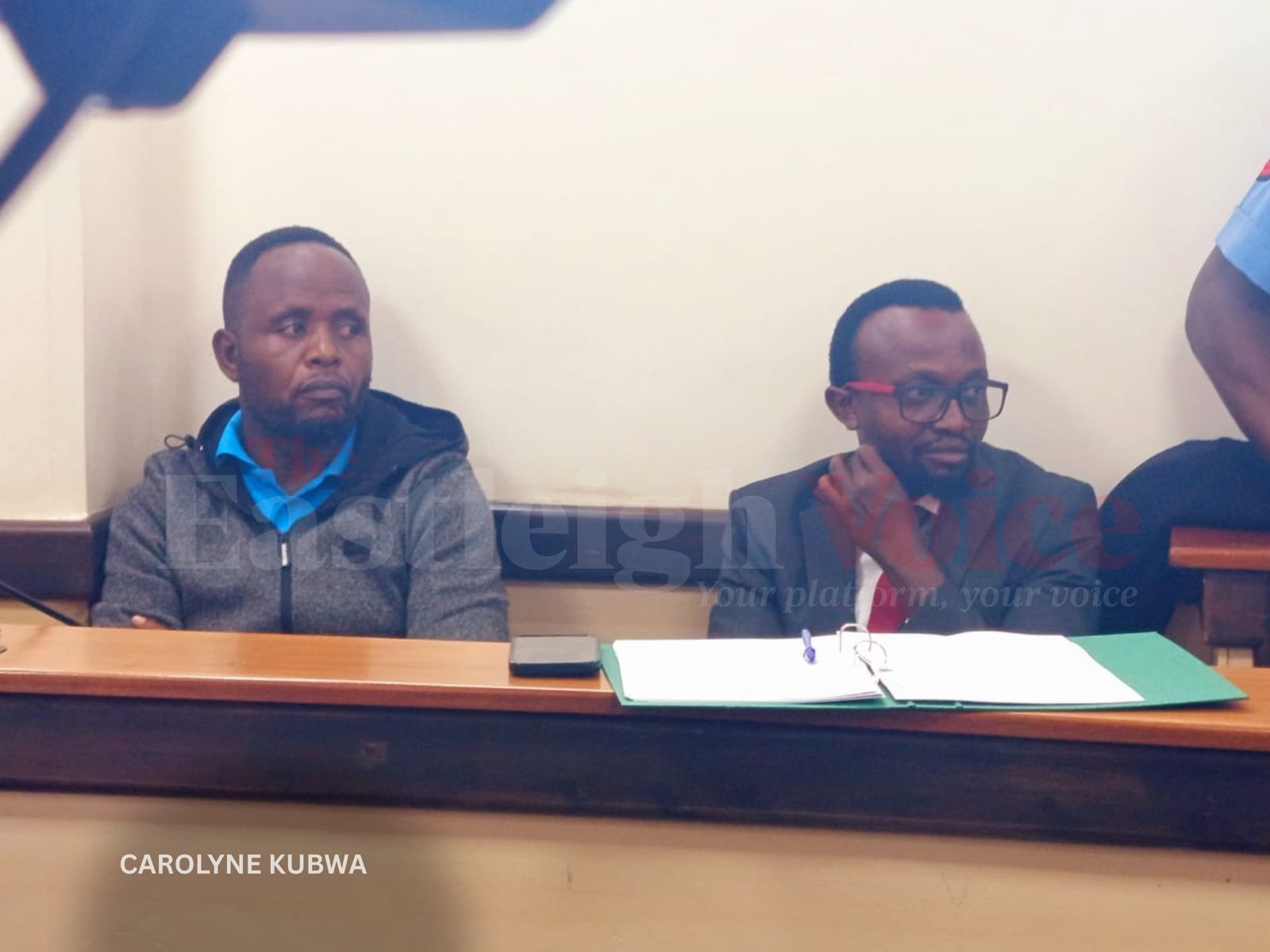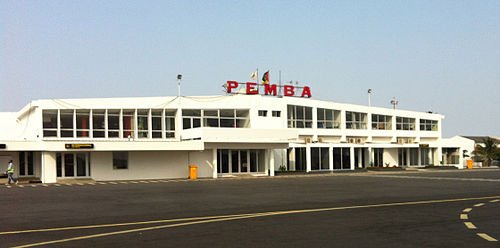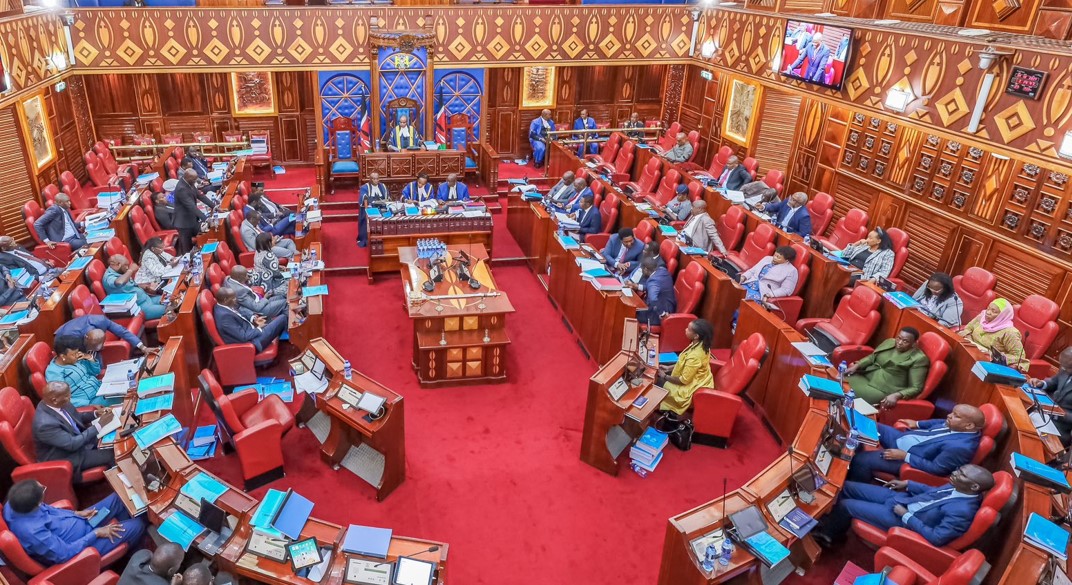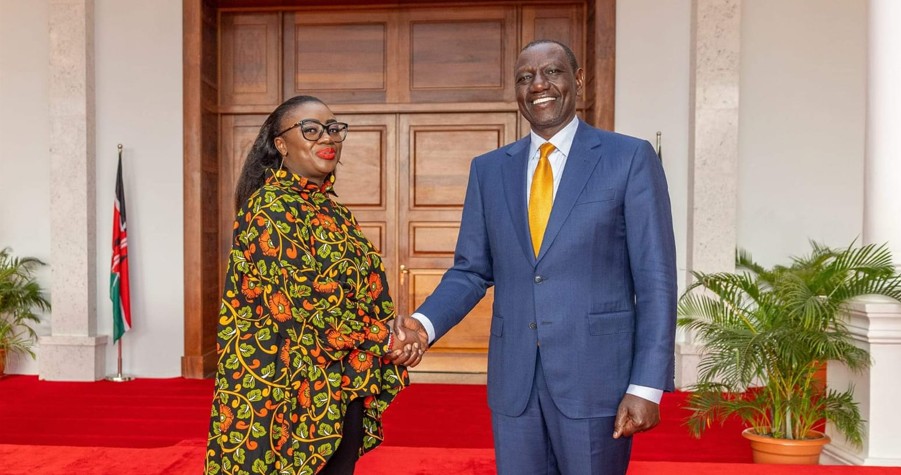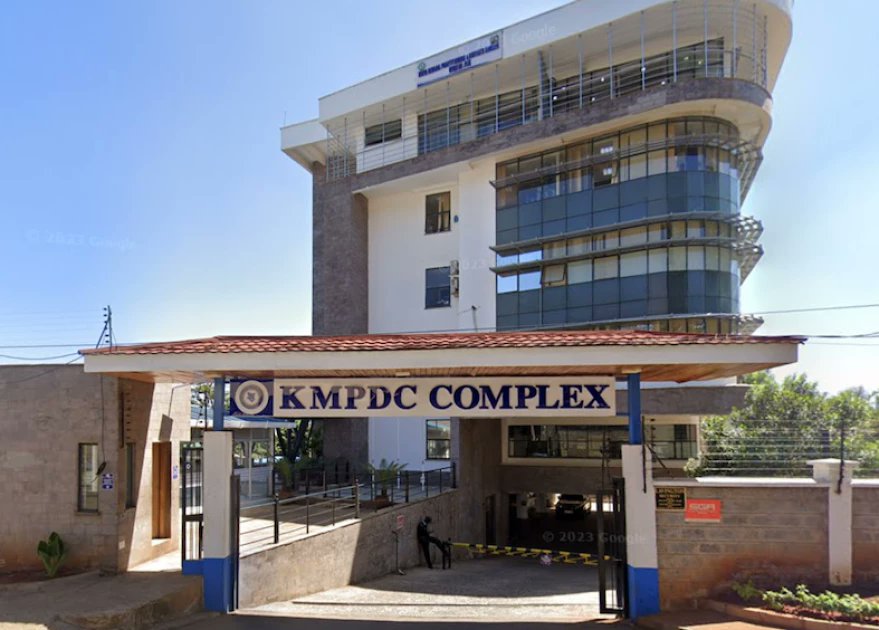Students in 30 schools in Aldai Constituency consumed 400 bags of contaminated sugar - KEBS

In a report signed by KEBS North Rift Regional Manager Vincent Cheruiyot, the agency confirmed that laboratory tests conducted on the samples failed to meet key standards outlined in the KS EAS:2021 Kenya Standard for human consumption.
A report by the Kenya Bureau of Standards (KEBS) has revealed that sugar distributed to at least 30 schools in Aldai Constituency was unfit for human consumption.
The sugar in question was part of a food donation initiative by Aldai Member of Parliament Maryanne Kitany under the National Government Constituency Development Fund (NG-CDF).
More To Read
- Court stops KEBS tender over alleged bias against local contractors
- KEBS urges Kenyans to verify product quality marks to enhance safety
- Coast traders warned as fake KEBS officers defraud businesses in widening scam
- MPs call for removal of KEBS boss Esther Ngari over Sh429 million fraud allegations
- EPRA and KEBS defend fuel standards in the country following concerns
- KEBS suspends Chinese firm Rongtai’s operations over substandard steel bars
In a report signed by KEBS North Rift Regional Manager Vincent Cheruiyot, the agency confirmed that laboratory tests conducted on the samples failed to meet key standards outlined in the KS EAS:2021 Kenya Standard for human consumption.
“The sample failed to meet standard requirements in conductivity ash, invert sugar, moisture content, polarisation, water insoluble matter, total viable count, and yeast and moulds. Therefore, the sugar is not fit for human consumption,” reads the report as quoted by The Standard.
The affected schools include Ndurio, Kimaren, Chepkongony, Chepkuny, Kapkures, Kaptumek, and Koyo Secondary Schools. Also on the list are Maraba, Kesegon, Koitabut, and Banja High Schools, bringing the total to at least 30 learning institutions.
Concerns over the safety and quality of the sugar were first raised in January this year by the Board of Management at Ndurio Secondary School. The school promptly sought KEBS’ intervention.
In response, officials from the KEBS North Rift office collected samples for laboratory analysis, which later confirmed the contamination in a report dated February 18, 2025.
By the end of January, well before the report’s release, over 400 bags of sugar had already been distributed to the schools, with many having unknowingly used the product.
MP Kitany acknowledged that the sugar had been sourced from a contracted local supplier and kept in storage prior to distribution.
“We have also raised our concerns with KEBS to explain how the banned sugar made its way to the local market. It has been confirmed that the sugar was locked up at Mombasa ports, but rogue officers allowed substandard products into the market,” she said.
Kitany also defended the supplier, asserting that they too had been duped by the infiltration of counterfeit products in the sugar market.
“The supplier was not aware that the sugar was substandard. They, too, were affected by the presence of fake and unregulated products in circulation,” she added.
The revelations have sparked public concern over the regulatory systems in place to safeguard public health, particularly in state-funded food programmes targeting schoolchildren.
Top Stories Today


